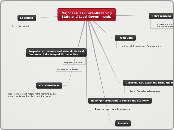作者:Adelita Mosquera 6 年以前
286
Pros and cons of migration
Migration offers numerous benefits and challenges for both migrants and host countries. Migrants often seek to escape adverse conditions such as poverty, oppression, or persecution and aim to find improved economic and social opportunities, including better futures for their children.









